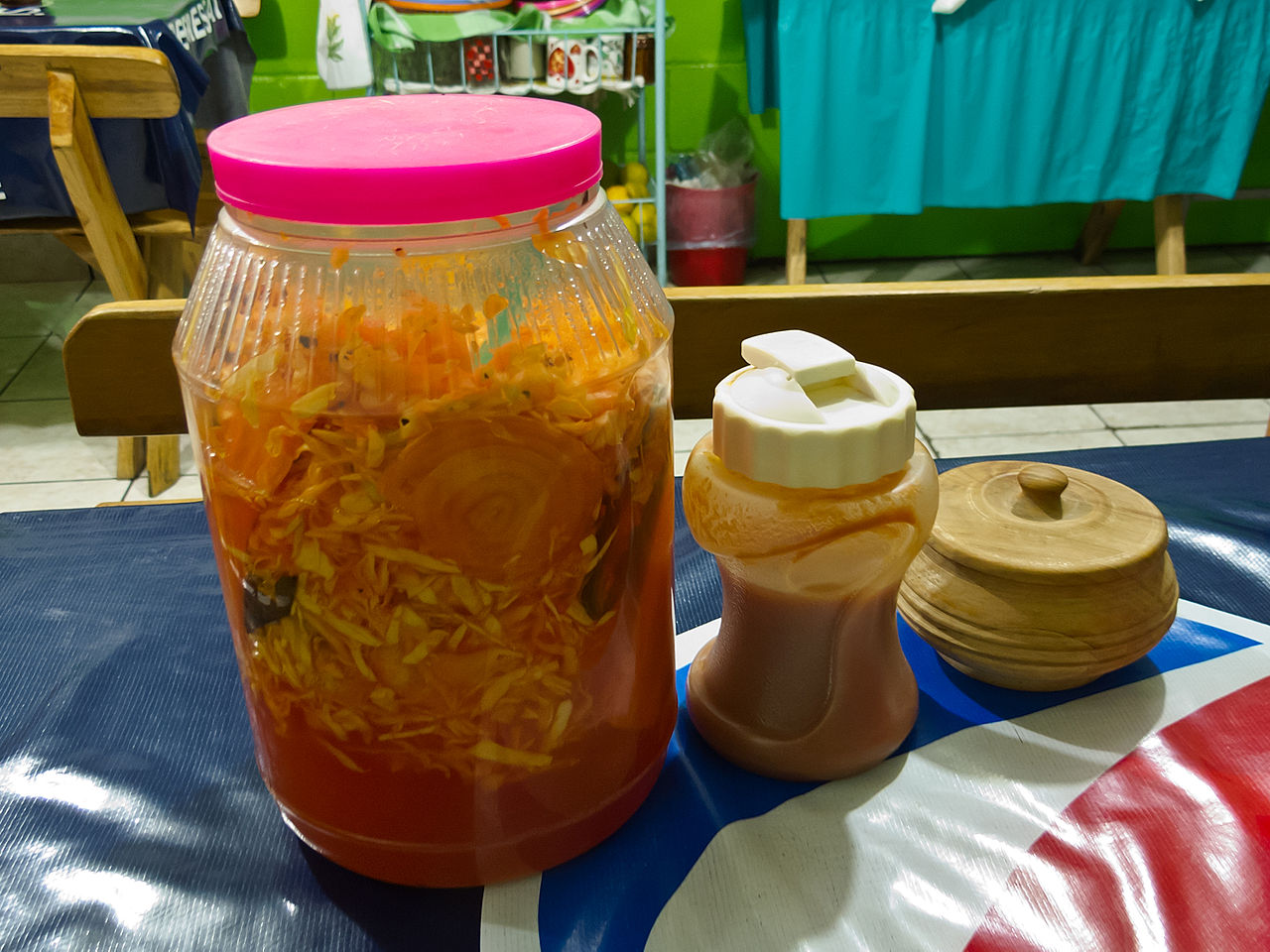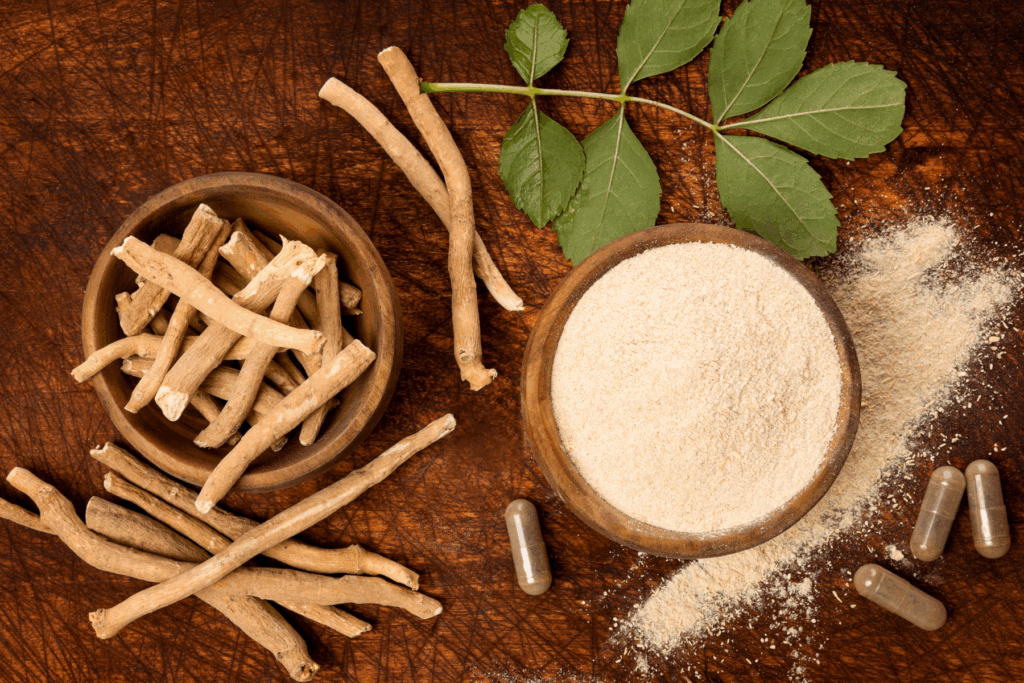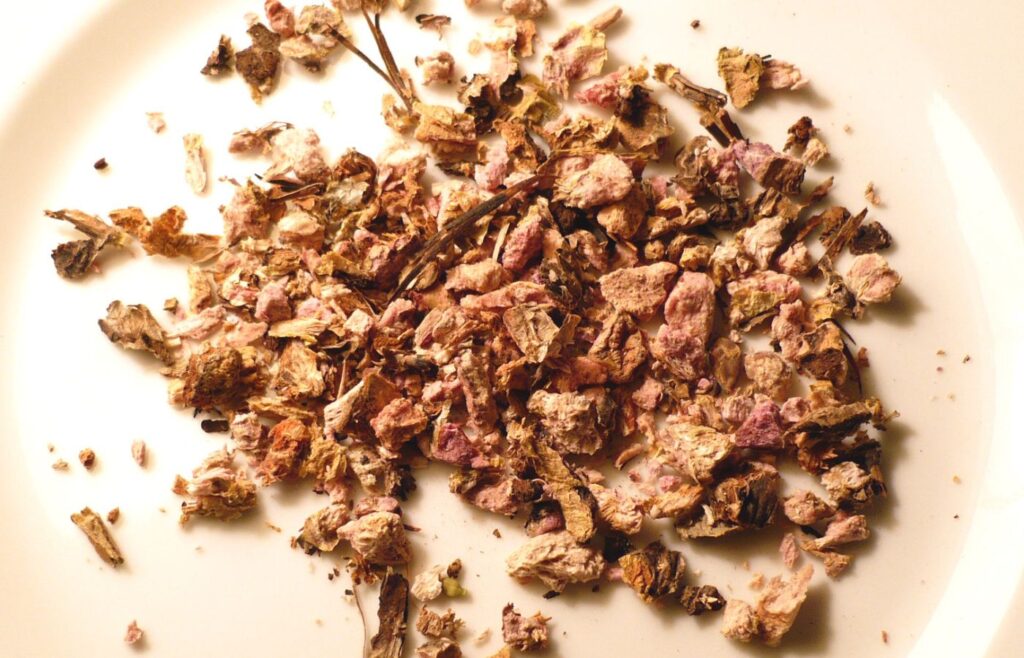You’ve probably heard the phrase “gut health” a lot lately—and for good reason. Your gut does more than just digest food. It’s home to trillions of bacteria that influence everything from your immune system to your mood and energy levels.
When your gut is healthy, you feel better all over. But when things get out of balance, it can lead to bloating, fatigue, skin issues, and even chronic inflammation. One way to support your gut? Through fermented foods and probiotics.
Here’s what you need to know—without getting overwhelmed.
Why Gut Health Matters
Your digestive system is lined with bacteria, both helpful and harmful. Together, they make up your gut microbiome. When your microbiome is diverse and balanced, it helps break down food, absorb nutrients, support your immune system, and even regulate hormones.
But stress, processed foods, medications, and lack of fiber can throw off that balance. That’s where fermented foods and probiotics come in—they help feed and replenish the good bacteria your body depends on.
What Are Probiotics?
Probiotics are live microorganisms that offer health benefits when consumed in the right amounts. They’re often referred to as “good” or “friendly” bacteria because they help restore and maintain a healthy gut environment.
You can find probiotics in supplements or in certain fermented foods. Once they reach your gut, they can help support digestion, reduce inflammation, and boost immunity.
Common strains include Lactobacillus and Bifidobacterium, which are found in many probiotic-rich foods and supplements.
What Are Fermented Foods?
Fermented foods are foods that have been naturally broken down by bacteria or yeast. This process not only preserves the food but also boosts its nutritional value and introduces beneficial microbes.
Some common fermented foods include:
- Yogurt with live cultures
- Kefir (a fermented dairy or water-based drink)
- Sauerkraut
- Kimchi
- Miso
- Tempeh
- Kombucha
These foods contain naturally occurring probiotics and can be a powerful way to support gut health through your daily diet.
Fermented Foods vs. Probiotic Supplements
Both have benefits, and choosing between them depends on your lifestyle and health needs.
Fermented foods are a great place to start. They’re whole foods, easy to find, and offer additional nutrients like fiber, vitamins, and enzymes. Plus, you’re likely to absorb the probiotics more effectively when they come with food.
Supplements can be helpful if you have specific gut issues, if your diet is limited, or if you’ve recently taken antibiotics. Look for high-quality products that list the strain types and CFU (colony-forming units) on the label.
But more isn’t always better. It’s about quality, not just quantity.
How to Add Them to Your Routine
Start slowly. If you’re new to fermented foods, your gut might need time to adjust. Begin with small portions—like a spoonful of sauerkraut or a few sips of kefir—and build from there.
Try including one fermented food each day. Add yogurt to breakfast, tempeh to a stir-fry, or kimchi as a side dish. Small, consistent steps make a big difference over time.
And don’t forget prebiotics—fibers that feed your good gut bacteria. Foods like garlic, onions, leeks, oats, bananas, and beans help keep your microbiome thriving alongside probiotics.
What to Watch Out For
Not all fermented foods are created equal. Some store-bought versions are pasteurized, which can kill beneficial bacteria. Always check for labels that say “contains live and active cultures” or look for products in the refrigerated section.
Watch out for high sugar content in things like flavored yogurt or kombucha. A little sweetness is fine, but too much can undo the gut-friendly benefits.
If you have a compromised immune system or certain health conditions, check with your healthcare provider before starting probiotic supplements or making major changes to your diet.
A healthy gut supports your whole body. And taking care of it doesn’t have to be complicated. Adding fermented foods or a good-quality probiotic to your routine can improve digestion, boost your immunity, and help you feel more balanced overall.
Start small. Be consistent. Listen to how your body responds.
Your gut is always talking to you—learning to support it is one of the best things you can do for your long-term health.



